Can the Club Drug Ketamine Be a Cure for Depression?
With mental health issues at an all-time high, people are searching for ways to manage their anxiety and depression. Ketamine therapies can help.
Leslie Gonzalez
”I felt totally immersed in what was going on around me.” (Art: Kati Kirsch)
Imagine floating on a river, relaxing on a raft until arriving at the mouth of a cavernous tunnel.
When entering, the tunnel is dim. The body is calm and the mind is light, observant and completely aware of its surroundings. In this tunnel, there are experiences thought to be forgotten, and memories thought to be erased. But there they are: bare and vulnerable.
However, instead of reliving those moments, instead of being thrown back into instances of disappointment, fear, failure, or grief, it is observed objectively. Everything from the self, the mind, and the body is observed as an insider looking in.
This is what it’s like for many who are administered ketamine infusions.
Unlike recreational usage of ketamine, these infusions are strictly used for medicinal reasons. Ketamine, commonly known as the street drug “Special K,” has been transformed from a hallucinatory club drug into a mental health revelation. With the right doctors and the right setting, ketamine can be used to treat mental health disorders such as anxiety, depression, PTSD, and even chronic pain.
Although every patient responds differently, it’s possible that just a few ketamine infusions can bring relief that lasts for months.
Though it is unclear how many ketamine clinics are open in the U.S., their popularity in the mental health community is raising some eyebrows. Reset Ketamine, a clinic in Palm Springs, California, run by emergency room physician and ketamine clinician Dr. Samuel Ko, is one of them.
Dr. Ko believes ketamine may be the most effective tool to help patients with mental health issues.
“I was seeing all of these patients who had depression and suicidal thoughts, PTSD, and anxiety, and there weren’t a lot of good options for them,” Dr. Ko told OK Whatever. “Studies have shown [ketamine] is about 80% effective.”
That 80% includes those who are non-receptive to traditional antidepressants like SSRIs. The remaining 20%, Dr. Ko said, represents those who remain non-receptive to ketamine treatments and are unaffected by them.
Ketamine is traditionally used as an emergency room anesthesia and used by veterinarians as a horse tranquilizer. However, it wasn’t until doctors recently discovered an alternative “off-label” use for the drug around the early 2000s that they realized ketamine could be used for patients suffering with mental health disorders intravenously.
Read this, too! → “The Drug That Makes You Spend All Your Money”
Unlike traditional antidepressants that target the brain’s serotonin levels, ketamine connects nerve cells in the brain. It can improve emotion and mood through a neurotransmitter called glutamate. Glutamate helps build new pathways in the brain and enables neurons to communicate with each other. The result can have an immediate effect on one’s mood, thought patterns, and cognition.
The results and experiences vary, but for many patients, the process can be life changing. Depending on the clinic, one ketamine infusion (with most treatments typically involving up to six infusions in total) is recommended for incoming patients, and each infusion is taken one week apart. The effects are felt 30 to 45 minutes after administration and the process is monitored and adjusted by a ketamine clinician.
But, not anyone can just walk in and request a sip of this feel-good juice.
At Dr. Ko’s clinic in Palm Springs, patients are typically recommended a series of six infusions, with each costing roughly $650. (Photo: Reset Ketamine)
A patient must go through a consultation process that involves going over their medical history and gauging their depression levels, often on a scale, before a doctor can determine if ketamine is right for them. Once a patient is cleared, they go through a general check-up process before receiving their first ketamine treatment.
Dr. Ko is careful to follow procedures, such as checking the patient’s depression level, weight, blood pressure, and oxygen levels in order to administer the correct dose of ketamine into their system. Once a patient checks out, Dr. Ko administers the ketamine in an infusion pump over a 40 to 45 minute period and watches patients closely while it’s being administered.
Once ketamine is in the patient’s system, the process turns from a medical procedure to a mental, and even spiritual, experience.
“The ketamine trip was literally a trip,” one person who tried it wrote on Reddit in 2019.
“I floated from what felt like different rooms or caverns, each with a different color/pattern/experience. Sometimes I would get suddenly pulled or sucked out of the room and into another. Almost all of them were pleasant and I felt totally immersed in what was going on around me.”
Because ketamine is a mind-altering drug, some clinics will also add aroma and sound therapy to the treatment. Dr. Ko includes all senses in his practice and recommends patients “unplug” before their appointment by avoiding checking social media and the news. He also highly suggests not watching scary movies before an appointment. Instead, Dr. Ko recommends patients focus on activities that “incite joy,” such as meditation, journaling, spending time in nature, exercising, and eating a plant-based diet.
The efficacy of one’s ketamine infusion “includes psychological factors and spiritual factors,” says Dr. Ko.
Patients who’ve treated their depression with ketamine infusions say that the effects are immediate. One person, who wrote about their experience on Reddit, not only experienced a state of bliss, but also felt more confident and optimistic after the first infusion.
“When I woke up [the next day], I didn't do my normal routine, which was to drink coffee and huddle under a blanket for half an hour. I got my ass into the shower and drove to work. I noticed about halfway into my commute that I was way more chill driving.
Normally I'd be feeling that anxiety and depression demon but he wasn't there.
I went about my work duties and even stood up to a few giant a-holes I work with when I used to cave in to them. Seems my self-esteem is much higher. Spoke up in meetings where I used to be somewhat of an introvert.”
While tranquil ketamine trips are the most common, others have found themselves knocking on heaven's door. This is where Dr. Ko’s emphasis on a positive mindset comes in.
“I have so many stories about what patients tell me after they come in,” Dr. Ko said. “They’ll say, ‘Oh, I saw my grandmother who had passed away many years ago, and she came to me during this experience and she told me that everything’s going to be okay.’ ”
Some patients might even “experience death” — or at least think they have.
For the record, patients are not dying when taking ketamine, but interestingly enough, ketamine is one of the few drugs that can cause a similar feeling to a near death experience (or NDE).
That is why it is crucial for Dr. Ko’s patients to follow his prerequisites. Negative influences can lead to a negative experience, such as reliving a scary or embarrassing memory or, according to one patient, believing they went to hell. Thankfully, Dr. Ko can monitor doses throughout a patient’s appointment and help reduce unnecessary stress.
As a useful tool for combating mental health disorders, why haven’t more people heard of ketamine infusions? The answer is simple: The FDA hasn’t (yet) approved it for mental health disorders.
Though the agency has approved ketamine as a general anesthesia, any other use of the drug is considered “off-label” and, as a result, is uncovered by most medical insurances. Without proper coverage, ketamine infusions can cost, ballpark, between $500 to $800 per infusion. And, without FDA approval and a lack of data, most insurance companies won’t cover intravenous ketamine treatments. And no, “off-label” doesn’t mean it’s illegal. It just means the drug is being used outside of its labeled use.
“What’s interesting about drugs in general is that we have the ability to prescribe and use drugs, any drug, basically, that is FDA approved. We can either use it for its indication, so, ‘on-label,’ or we could use it for something that it’s not approved for [off-label],” Dr. Ko explained.
“We can use these drugs for different purposes than originally intended and that’s completely legal.”
Essentially, as long as a medical professional is prescribing it, it’s completely above board.
A good example of off-label use of a medication is aspirin. Doctors can prescribe aspirin as a preventative measure for heart attacks instead of just as a pain reliever or fever reducer. The same principles apply to ketamine.
Why not read…? → “The People Who Snort Chocolate Powder Like It’s Cocaine”
Due to the lack of data, and its status as an off-patent drug, there is no financial incentive for pharmaceutical companies to develop ketamine as a mental health drug. As a result, the slow progress hinders the use of ketamine in psychological medicine.
Using ketamine as an antidepressant is still considered a novelty concept in the medical community and medical professionals have yet to understand its long-term effects on the user.
Dr. Ko is not a therapist, but he encourages his patients to build a relationship with a therapist or psychologist in order to take the necessary steps to manage their mental health disorders. In other words, Dr. Ko believes that ketamine should be used as a tool and not just seen as the solution or the “magic pill.” It’s a way for those with severe mental health disorders to try something new — and give them hope.

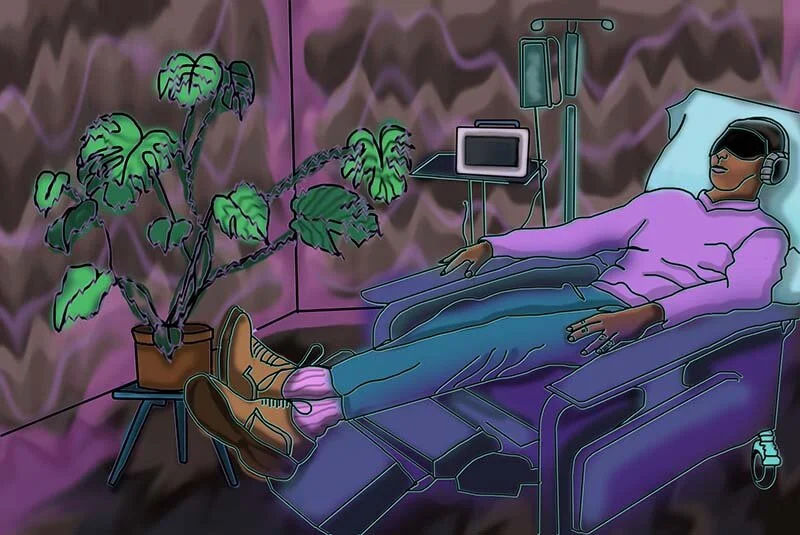
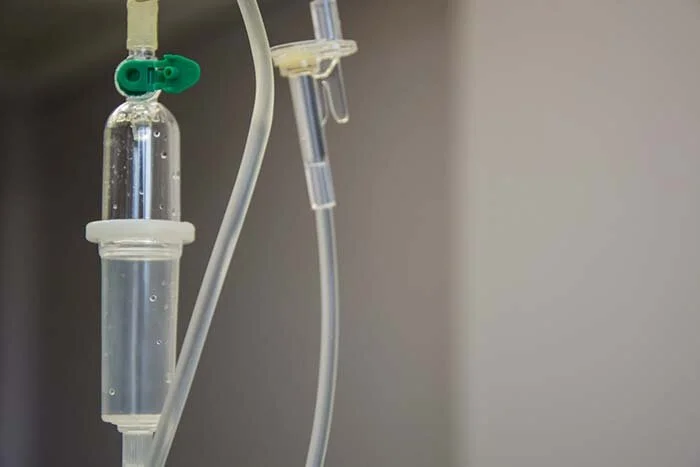
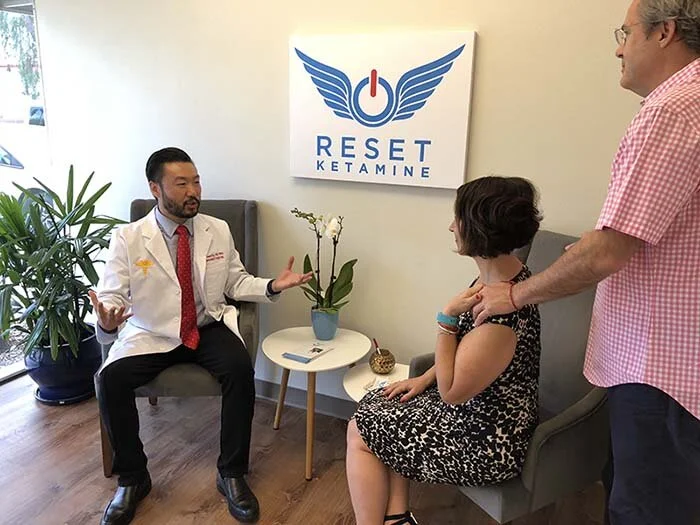
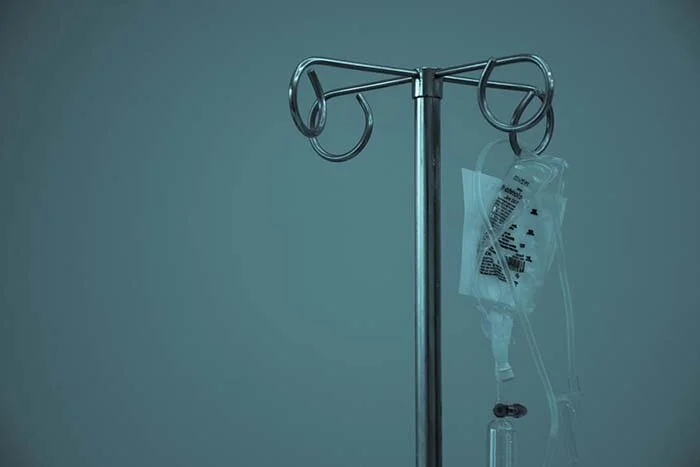






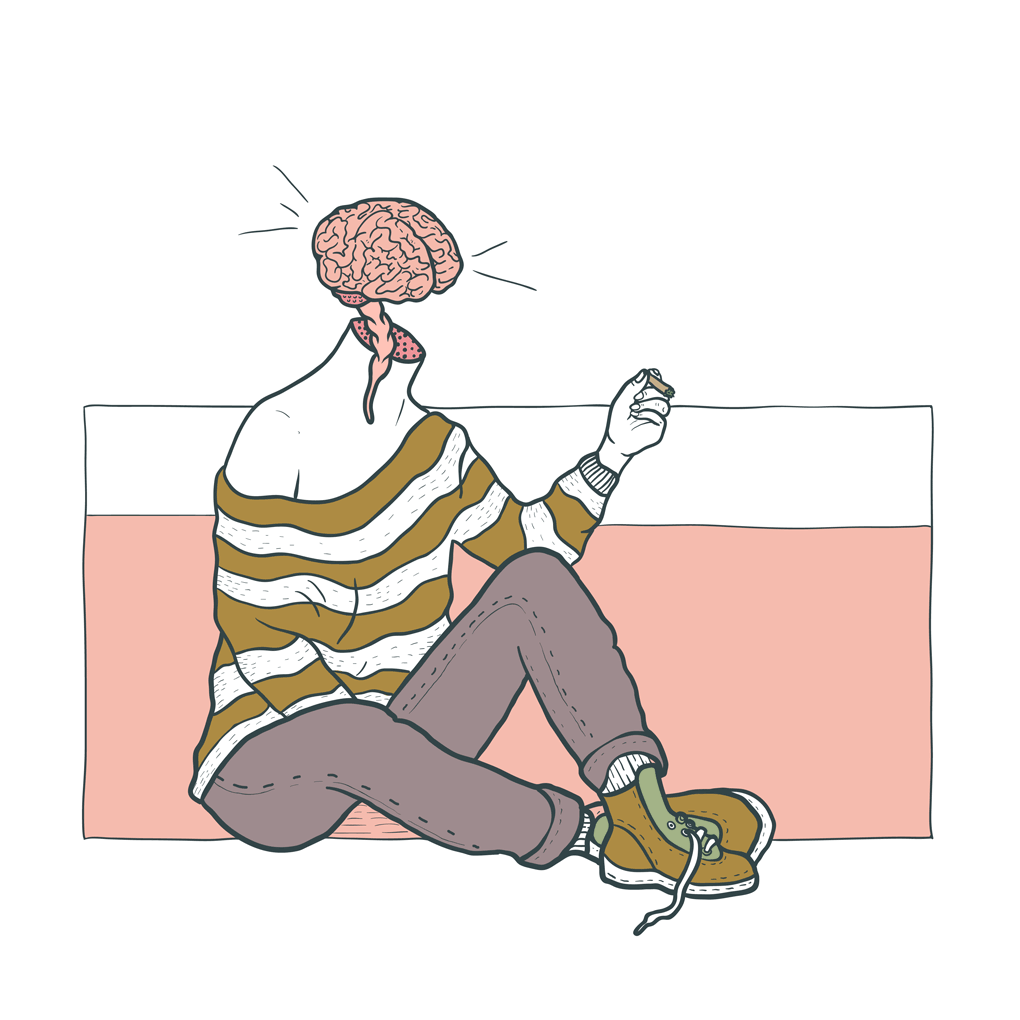


Coco Loko was poised to become the next fad, but then the FDA intervened and it’s since disappeared from the internet.